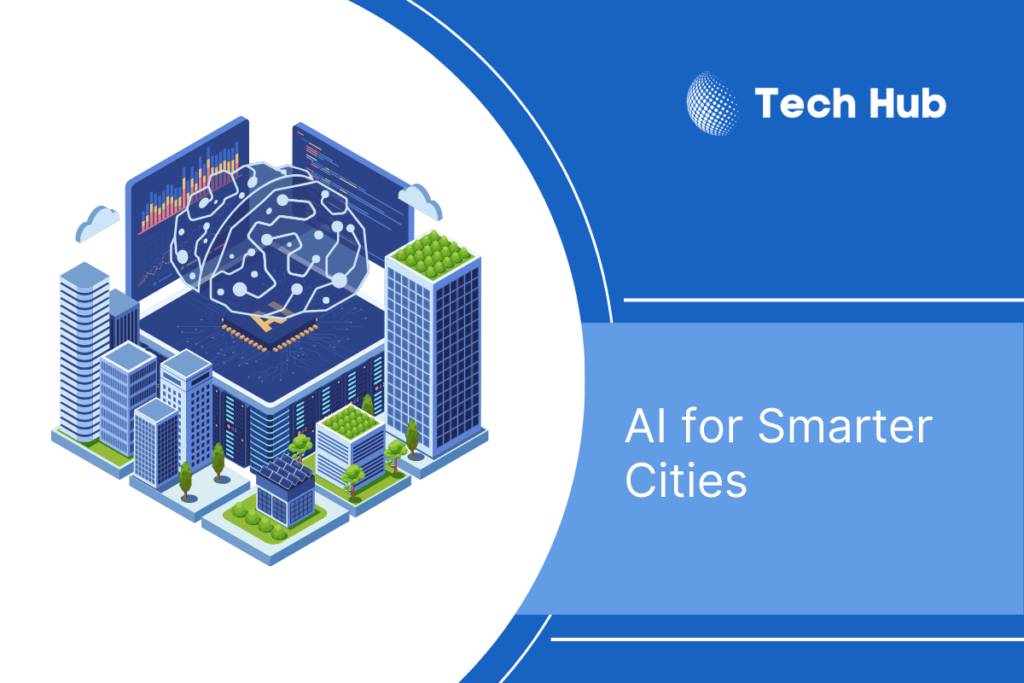
Traditional city planning methods often require extensive technical expertise and significant manual effort. However, a recent study from Virginia Tech highlights how artificial intelligence (AI), particularly large language models (LLMs) like ChatGPT and Google’s Gemini, could revolutionize the field. This research, published in The Professional Geographer Journal, showcases the potential of these advanced tools for evaluating human-made environments using street-view images.
Accessible Tools for Urban Planners
By comparing the performance of LLMs with traditional deep learning methods, the study indicates that LLMs offer comparable results, making city planning more accessible. Assistant Professor Junghwan Kim, who leads the research, aims to democratize technology, ensuring it is affordable and effective for smaller cities. “Smart city technologies can enhance urban analytics and data science,” Kim said, “helping us tackle urban issues like transportation and health.”
Automating Image Analysis
This research demonstrates that generative AI tools can automate the analysis of images, identifying features such as benches, sidewalks, and streetlights. Previously, this process required labor-intensive manual work. Kim’s AI models can evaluate walkability and bike ability, providing insights that shape perceptions of safety in urban environments.
Caution and Excitement
While the potential of AI in urban planning is promising, there are cautions. Biases in training data can lead to disparities in performance, with larger cities benefitting more from AI than smaller towns. Kim emphasizes the importance of cautious use, stating, “We must remain aware of the limitations and biases that come with using AI in urban planning.”
What are your thoughts on using AI in city planning? For more updates and in-depth articles, follow TechHubspot today.
